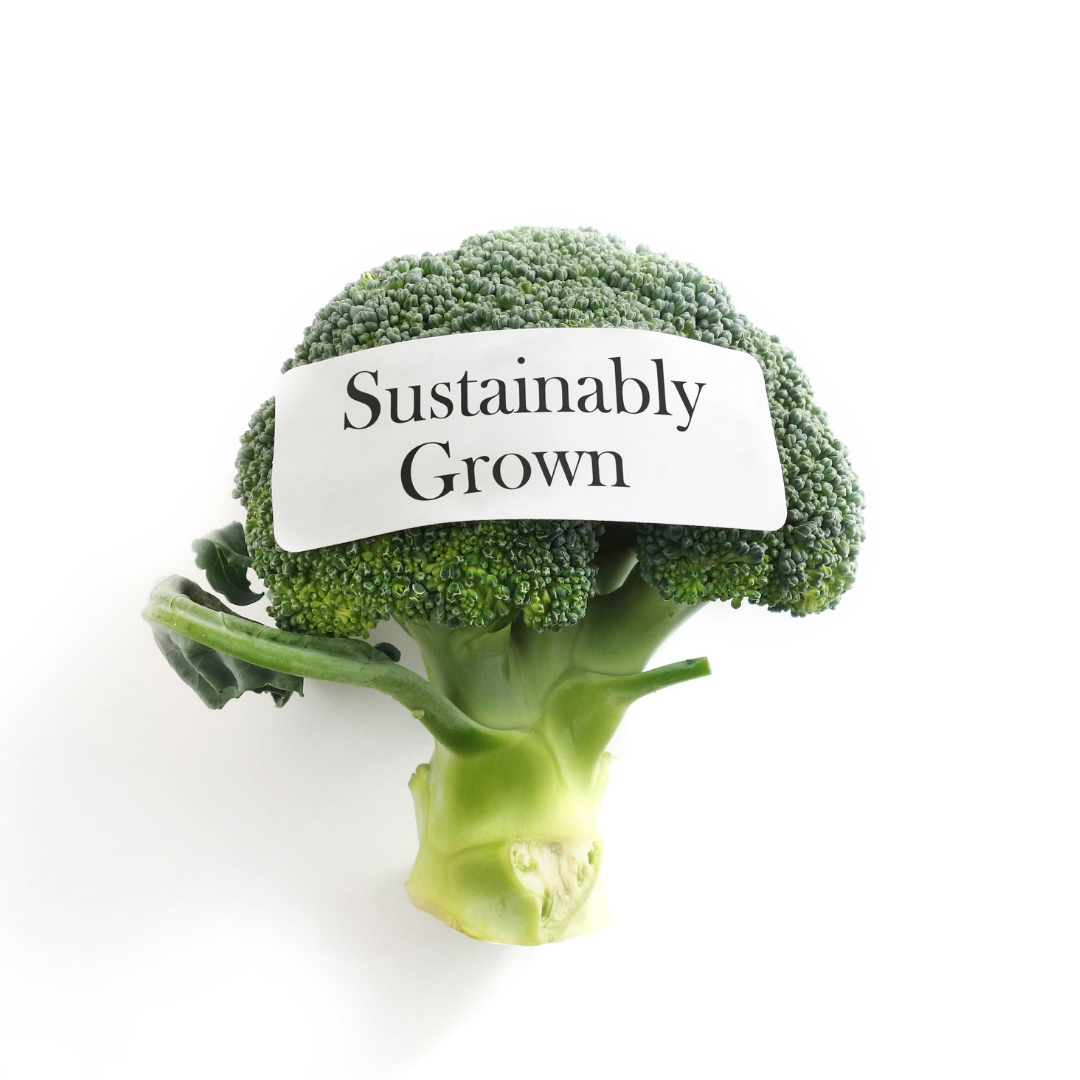People’s attitudes to sustainability have been slow to form over the years but as the dire warnings of climate change hit home, the importance of sustainability grows as a priority for most. In business tokenism still exists, where marketing departments use sustainability cynically as a vehicle to improve their company profile. However, more and more we can’t ignore the advances in climate change technology, which can be applied to mainstream food businesses to reduce their carbon footprint. We can’t ignore the sobering fact that the food we eat accounts for 25% of all greenhouse gas emissions.
The Sustainable Restaurant Association (SRA) has become the largest global organisation to address sustainability across the hospitality sector in the UK and worldwide. Their pivotal program, Food Made Good, launched in 2010 with just 50 members, has now expanded to 10,000 foodservice providers around the world.
Andrew Stephen, chief executive at the SRA admits: “Mitigating food waste remains a big challenge for the hospitality industry. However, the good news is that sustainability is still a big priority for consumers.”
Recent research undertaken by Brita Professional, the water filtration suppliers, found that 48% of all UK adults are more conscious of making sustainable choices day-to-day, than they were pre-lockdown.
One of the most effective ways of improving sustainability in hospitality outlets is by better management of food waste. As Andrew says: “We need to work together to stop food from ending up in the bin but to also make sure it is put to good use in the community. A big challenge for hospitality outlets in this uncertain environment is planning food requirements to meet demand.”
The SRA have put together a five-point post pandemic plan to mitigate waste as far as possible:
Start with a shorter menu: Plan your menu around a few staple dishes to start, which can be added to as consumer confidence returns.
Don’t let surplus food go to waste: Liaise with food distribution companies, such as Too Good to Go and Karma, who can help with the redistribution of surplus food.
Promote sustainable dishes: The opportunity to capitalise on the rising consumer appetite for sustainability continually grows. Highlight sustainable menu options with effective signposting and promotions.
Use the whole ingredient: Reduce food waste by creating dishes that incorporate the entire ingredient, such as fin to tail, stem to root and nose to tail.
Buy smart: Work with responsible suppliers who recognise the importance of sustainable business models. Buy local and seasonal produce. Let your customers know your buying is influenced in this way.
More recently the SRA have been asked to roll out a new initiative called Net Zero Now, which is a small business climate action platform funded by drinks providers Coca-Cola Europe Pacific partners (CCEP) and Pernod Ricard UK.
The aim is to simplify the process of becoming net zero as well as making it more cost-effective, which will in turn ensure fast take up by hospitality businesses.
The scheme was tested on restaurant operators including Hawksmoor and Wahaca. The figures are impressive with a cost per cover to achieve zero emission across the entire chain could be as low as 7.5p. Similarly, if a pilot restaurant switches to 100% renewable energy tariff it could save 600 tonnes of carbon per year.
Even seemingly small changes can result in considerable savings. If a restaurant substituted 10% of its meat use with plant-based ingredients it would lead to saving 350 tonnes of carbon per year. Responsible food wholesalers are just part of the equation when hospitality providers consider who they should be working with. There are many other opportunities on the way to Net Zero with purchases such as sustainable equipment, distribution, energy, water supply and waste contractors.
Will Beckett, co-founder of Hawksmoor, enthused about the savings for his chain: “Being part of the launch group for the Net Zero Restaurant initiative means that we are now able to focus on prioritising plans, which have the biggest impact on reducing the carbon foot footprint. Such as recently putting the whole company onto a green energy supply and sending 100% of our food waste to anaerobic digester where it’s turned into biogas.
The experience gained from using pilot restaurant chains such as Hawksmoor and Wahaca helps to hone and prioritise the most effective way forward. Prioritising sustainability work on the most inefficient parts of the business will have the greatest gains.
Restaurant group Wahaca were sustainability pioneers, as the first restaurant group to be certified carbon neutral in 2016. They continue to make sustainability a high priority, whether from responsibly sourced wholesale ingredients to designing restaurants, which operate at maximum efficiency. As Mark Selby, co-founder says, “The journey towards net zero is not without its challenges, but as a business the focus on being as sustainable as we possibly can is a hugely inspiring one.”
The SRA is keen to involve diners in the whole shift towards Net Zero. Their One Planet Plate is a global campaign which asks diners to eat at participating restaurants, which have proven their sustainability credentials and created a sustainable special dish, which reflects their restaurant ethos and is, of course, climate kind.
As more and more businesses add to the numbers aiming for net zero their experiences will create an easier path for subsequent hospitality businesses to make their own reductions. In the same way from this shared experience opportunities will arise for improved buying power and efficiency of scale which will help to minimise the outlay in achieving Net Zero.
For self-help the Food Made Good community website is a particularly useful resource where hospitality businesses can share their experiences, good and bad, of how they have negotiated their path to better sustainability. It is also a forum led space where like-minded individuals with the same goals can find solutions and resources.
https://community.foodmadegood.org/sign-up/
https://dineoutmagazine.co.uk/story.php?s=2020-09-07-sra-special-reopening-right-at-dishoom
https://plana.earth/academy/what-is-difference-between-carbon-neutral-net-zero-climate-positive/
https://www.ukhospitality.org.uk/news/485232/Sustainability-key-to-hospitalitys-prosperity.htm
https://community.foodmadegood.org/sign-up/

